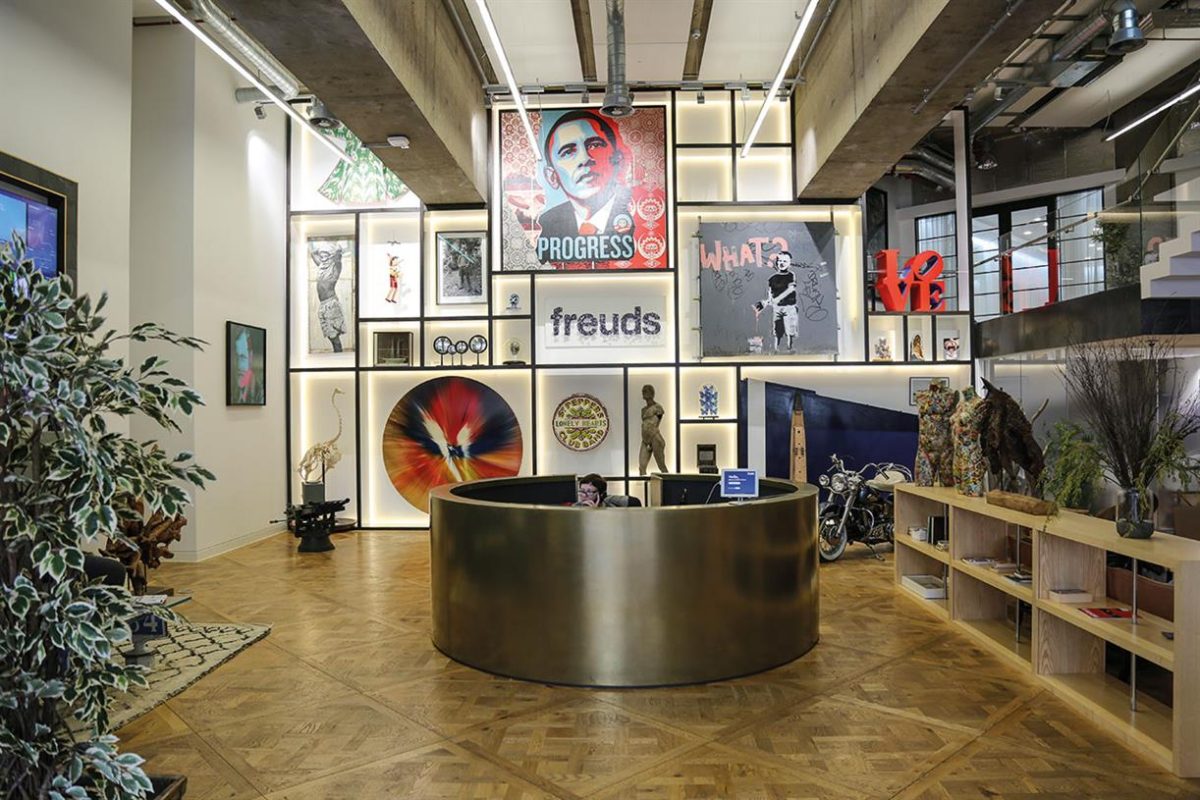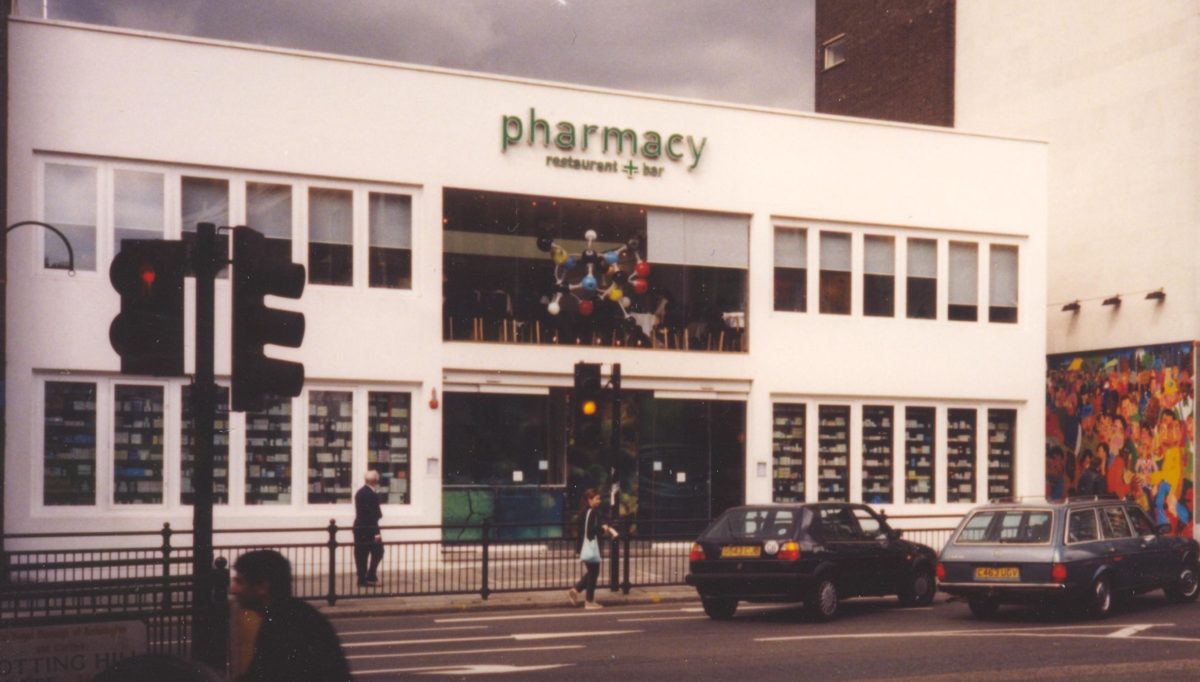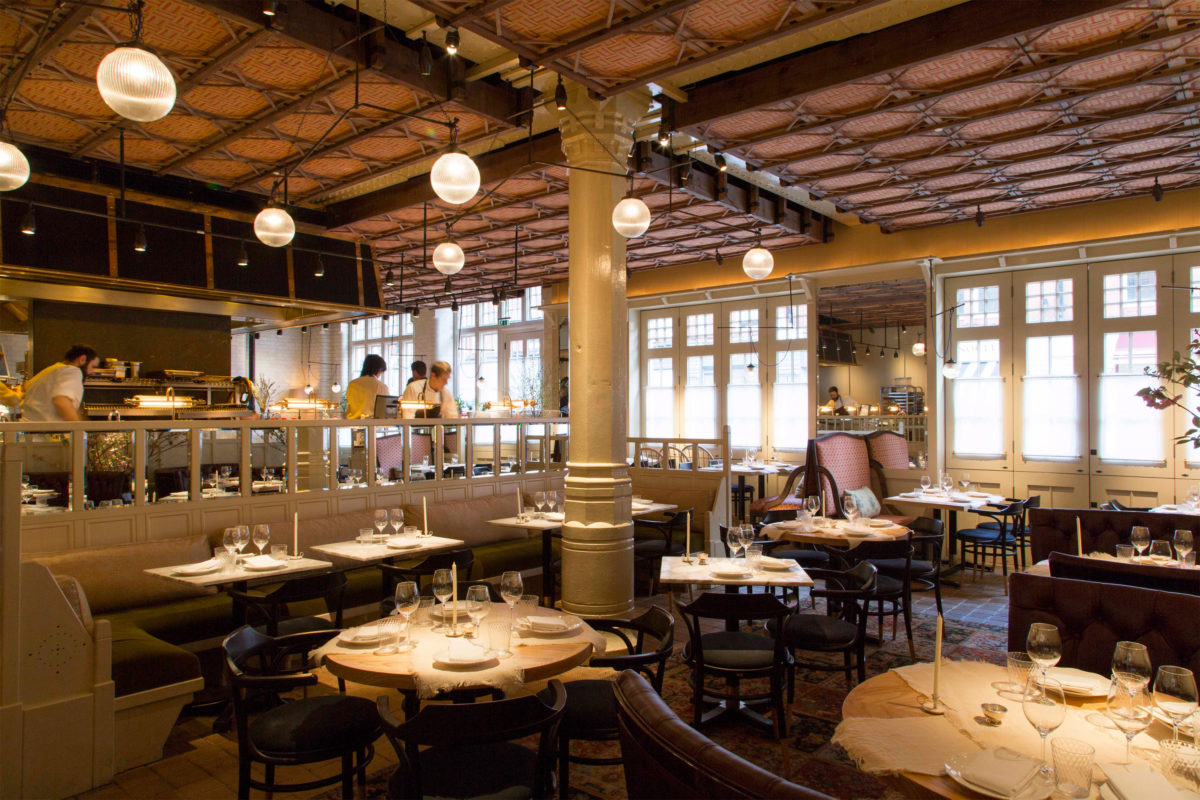Matthew Freud: London’s Cultural Power Broker
By Something CuratedMatthew Freud, the founder and chairman of Freud Communications, born in London in 1963, reflects on the 60s in the city as the start of a new classless generation. He notes, in an interview for London Burning: Portraits from a Creative City, “One establishment has run the UK since 1066. There’s never been a revolution.” Coinciding with the social resurgence that was triggered around the year of Freud’s birth, London challenged people to be different, inciting a big change. The emergence of this generation coincided with cultural catalysts that would in time lead to the conception of punk and other artistic expressions that were defiantly different from their precedents.

Freud’s lineage is indisputably fascinating. His uncle was Lucian Freud, born in Germany, now widely recognised as the preeminent painter of his time. His work exposes the often disconcerting relationship between the artist and model, and has been noted for its motifs alluding to psychological understanding. It is apparent that this interest in psychology runs in the family; his great grandfather, the Austrian neurologist Sigmund Freud, was after all the founder of psychoanalysis. Born to the late writer and politician Sir Clement Freud and actress June Flewett, Mathew Freud grew up in Swiss Cottage belonging to this “new tribe of North London, intellectual, creative, entertainment types” that were founding themselves as the new establishment.
Educated at Westminster school, with only a brief stint working in a kebab shop when he was 16, Freud’s greatest ammunition perhaps was this profound understanding of the cultural landscape and historical context through which he had lived. This knowledge enabled him to first set up shop at the young age of twenty-one. A string of events that took place in the 80s and 90s, Freud emphasises, led to the ‘creative-entrepreneur boom’ in which he himself was involved. The PR icon has been described by Adam Curtis in his documentary Century of the Self as “a star in the new culture of public relations and marketing in politics, business and journalism that rose in the Clinton-Blair years”. His driving ambition and abilities as a shrewd networker drove the development of what would, in time, become the standardised model for modern PR.

With more than thirty years of experience in the industry, Freud’s eponymous agency has come along way from its modest origins, gaining independence and international recognition. Within the PR industry “you are just three phone calls away from being out of business” reveals Freud in an interview with PR Weekly. Freud’s work ethic has enabled him to sustain long-term relationships with influential brands. Working alongside partners Brew Media Relations, the agency has access to them most innovative technology and digital media companies throughout the US and Europe.
Freud has been instrumental in connecting artists and creatives with moneyed society, having propelled the careers of numerous young talents, including members of the YBA. Among his most memorable projects in London is his collaboration with the artist Damien Hirst, in the equally celebrated and controversial Pharmacy restaurant, which opened in Notting Hill in 1998 and closed its doors in 2003. Window’s displayed pastel tablets and pillboxes, and the waiting staff were dressed in Prada surgical gowns, wheeling in quintessentially British dishes such as Welsh rarebit and boiled egg with soldiers. Earlier this year Hirst partnered up with Mark Hix to open the new restaurant Pharmacy 2.
Promoting hotel magnate André Balazs’ Chiltern Firehouse, Freud has been critical in securing the venue’s position as one of the most sought after reservations in the city. Upon opening it instantly garnered a reputation for being the place to see and be seen. The Marylebone hotel and restaurant opened its doors in 2014, immediately attracting an eminent crowd. From its early beginnings, Freud’s communications agency has had a pivotal role in television and entertainment, covering a range of immersive and experiential projects and events, from handling unity publicity for the Big Breakfast and TFI Friday to the launch of the Band Aid Thirty campaign. In addition to a seventeen-year partnership with BAFTA, Freud has thirty years of experience coordinating high-profile film premieres and managing theatre publicity.

On why London is the greatest city in the world:
“There’s no creative hierarchy in London, the greatest city on earth. We have KLPs that show that economically we’re the number one city, that culturally we’re the number one city. We have the number-one language. London is the centre of the world.” – London Burning: Portraits from a Creative City, 2015
On the origins of PR:
“It was very Ab Fab. It wasn’t seen as a particularly interesting field. At the corporate level, the head of PR was the bloke who sorted management out with tickets for Twickenham. It was much more event and schmooze-based than it is now.” – Management Today, 2013
On Freud Communications’ ethos:
“We pride ourselves on telling the truth. Not just through powerful authentic stories in the media, but by being honest with our clients. We believe that great organisations and individuals should exist for a purpose beyond profit. In an accelerating world, we know that relevance requires constant evolution, and cutting through often demands a disruptive approach.” – Freud Communications, 2015
Feature image: Antony Gormley installation view by Colin Davison